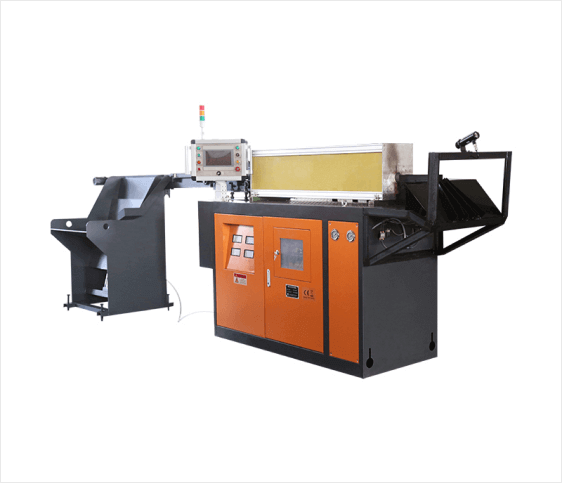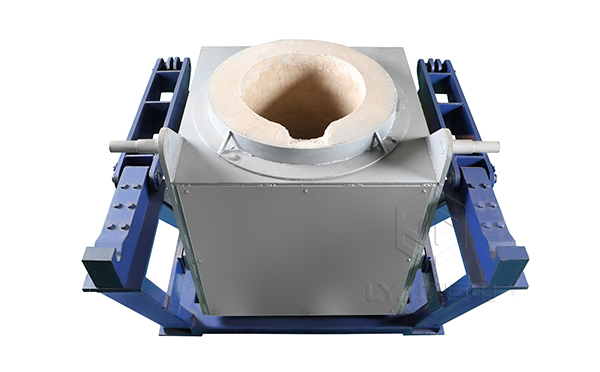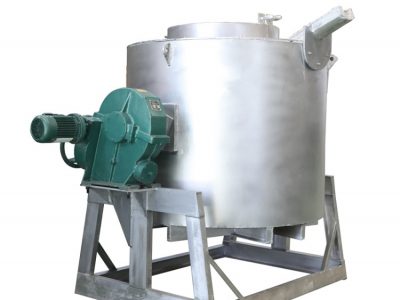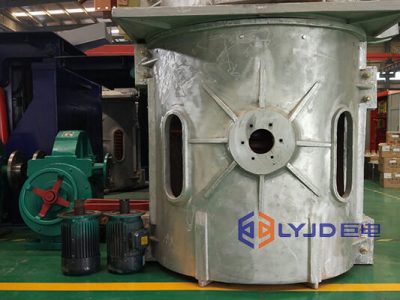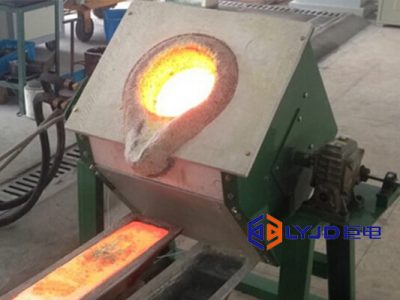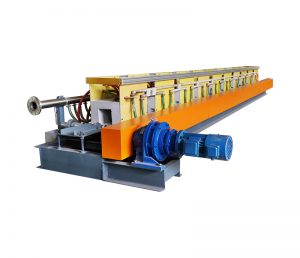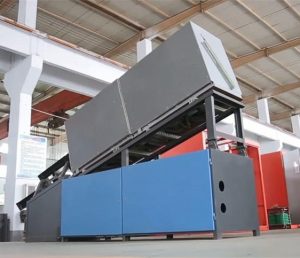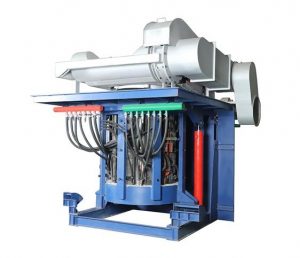The 1-ton induction furnace price can vary depending on various factors such as location, specific features, and any additional customization required. Today, we will introduce 12 factors that affect the 1-ton induction furnace price.
Factors Affecting the 1 Ton Induction Furnace Price
1. Capacity and Size
The size and capacity of the furnace can impact its price. A larger furnace with greater capacity will generally be more expensive than a smaller one.
2. Heating Technology
Induction furnaces use induction heating technology, but the specific features and capabilities of the heating system can vary. Advanced features such as precise temperature control, energy efficiency, and specialized heating profiles may increase the price.
3. Control Systems
Furnaces equipped with advanced control systems, automation capabilities, and user-friendly interfaces may have higher prices compared to basic models.
4. Construction and Materials
The construction and materials used in the furnace, such as refractory lining, crucibles, insulation, and structural components, can affect the price. High-quality materials designed for durability and efficient heat transfer may increase the cost.
5. Customization
If you require any specific customizations or additional features tailored to your specific needs, such as specialized crucibles, automated charging systems, or specialized cooling systems, it may result in additional costs.
6. Installation and Commissioning
The cost of installation, commissioning, and any necessary site modifications can also impact the overall price of the furnace.
7. Ancillary Equipment
Additional equipment such as power supplies, cooling systems, exhaust systems, and material handling equipment may be required and can contribute to the overall cost.
8. Geographic Location
Prices can vary based on the region and local market conditions, including factors such as transportation costs, taxes, import duties, and local demand.
9. Energy Efficiency
Furnaces that are designed to be energy-efficient and minimize heat loss can have a higher price tag. These furnaces may incorporate advanced insulation materials, optimized coil designs, and efficient power conversion systems.
10. Service and Support
The availability and quality of after-sales service and technical support can impact the price. Induction furnaces are known for their reliability, and the inclusion of comprehensive service agreements or extended warranties may be reflected in the overall cost.
11. Brand and Reputation
The reputation and brand value of the manufacturer can also influence the pricing. Established and highly regarded brands often command higher prices due to their track record, product quality, and customer satisfaction.
12. Market Demand and Competition
Market conditions and competition within the industry can affect pricing. If there is a high demand for induction furnaces or limited competition in your area, it may impact the price.
Additionally
There are many other factors that will affect the price of a 1-ton induction furnace more or less. For example, the additional services, regulatory compliance, currency exchange rates, and so on. So when planning to purchase a 1-ton induction furnace, you must take these factors into consideration. Only in this way, can you get a cost-effective furnace.
